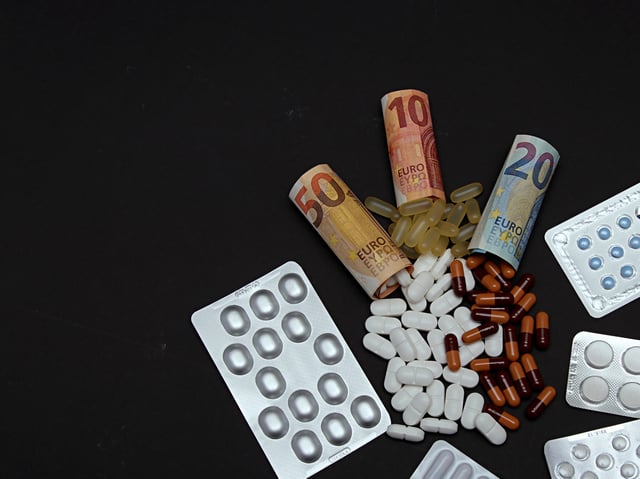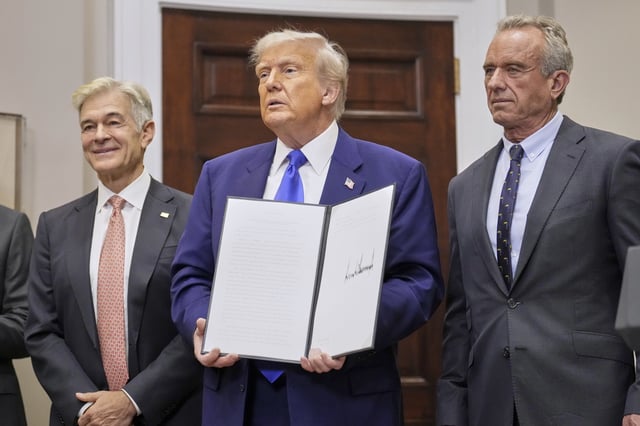Overview
- President Trump signed an executive order to reduce U.S. drug costs by capping prices at the lowest levels paid by other developed nations.
- The order directs Health and Human Services Secretary Robert F. Kennedy Jr. to propose regulations within 30 days if drugmakers do not voluntarily lower prices.
- The plan seeks to eliminate pharmacy benefit managers (PBMs) as intermediaries, a move facing both support and criticism from industry stakeholders.
- Experts warn the policy could reduce pharmaceutical revenues, potentially hindering innovation and the development of new drugs globally.
- Legal challenges are expected, with critics citing uncertainties about the policy's feasibility and potential conflicts with existing laws.



